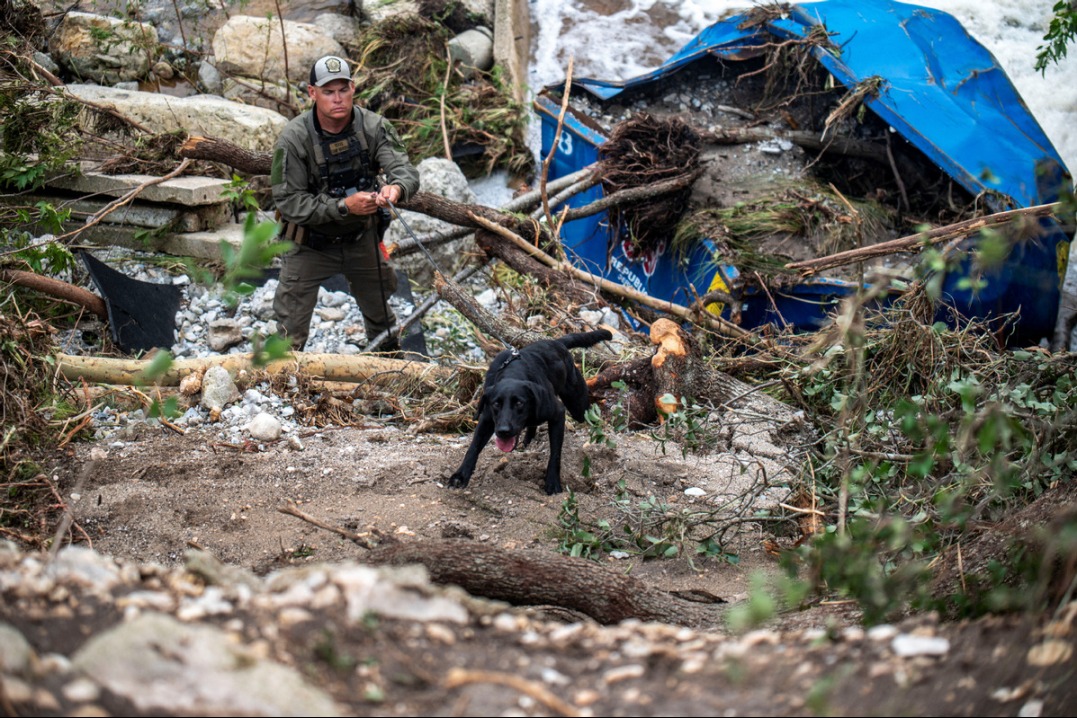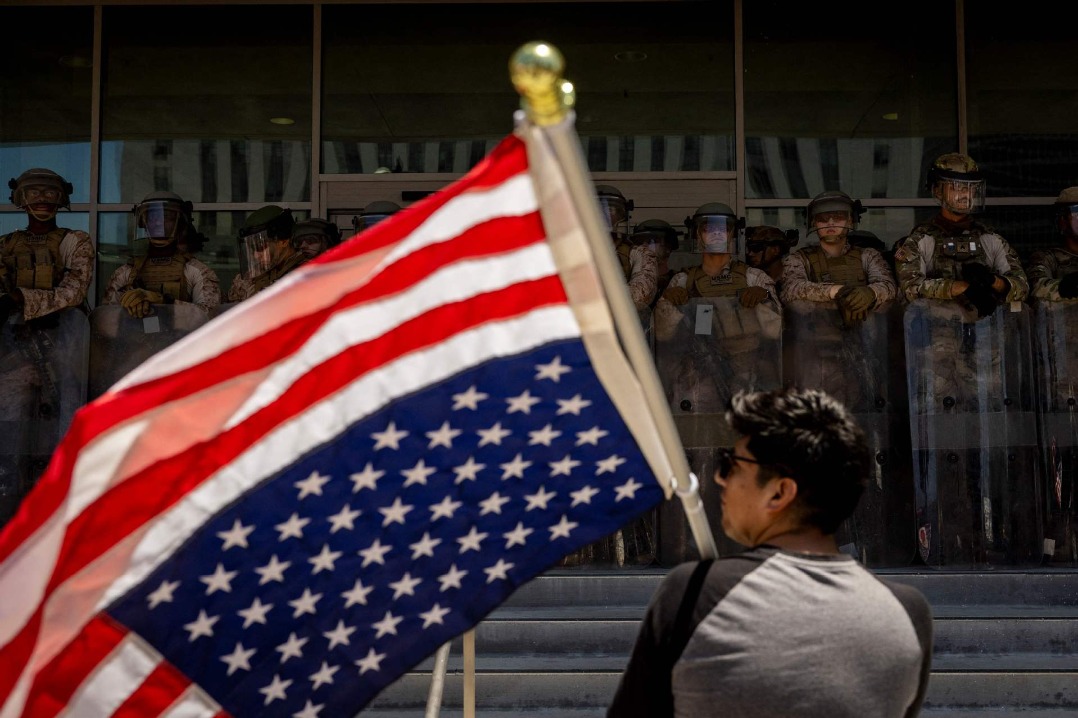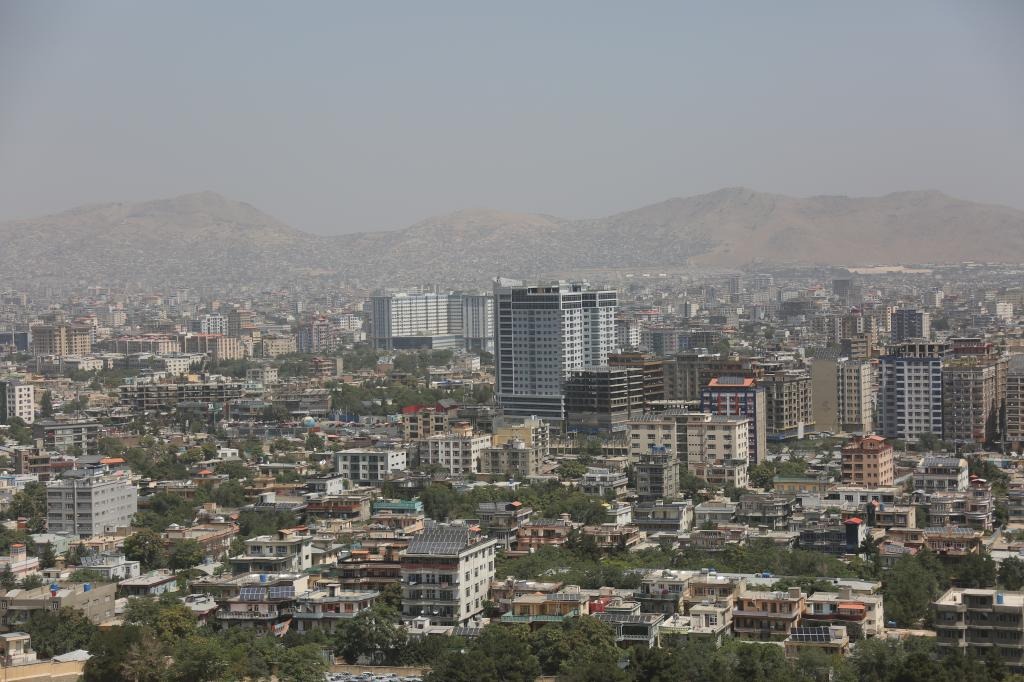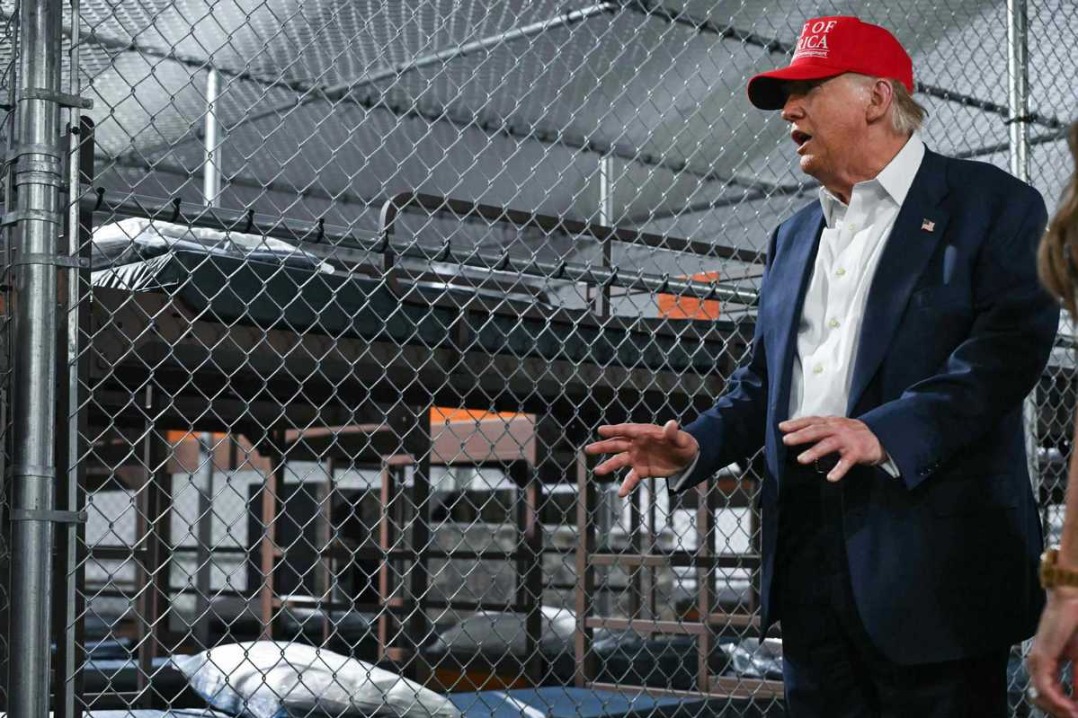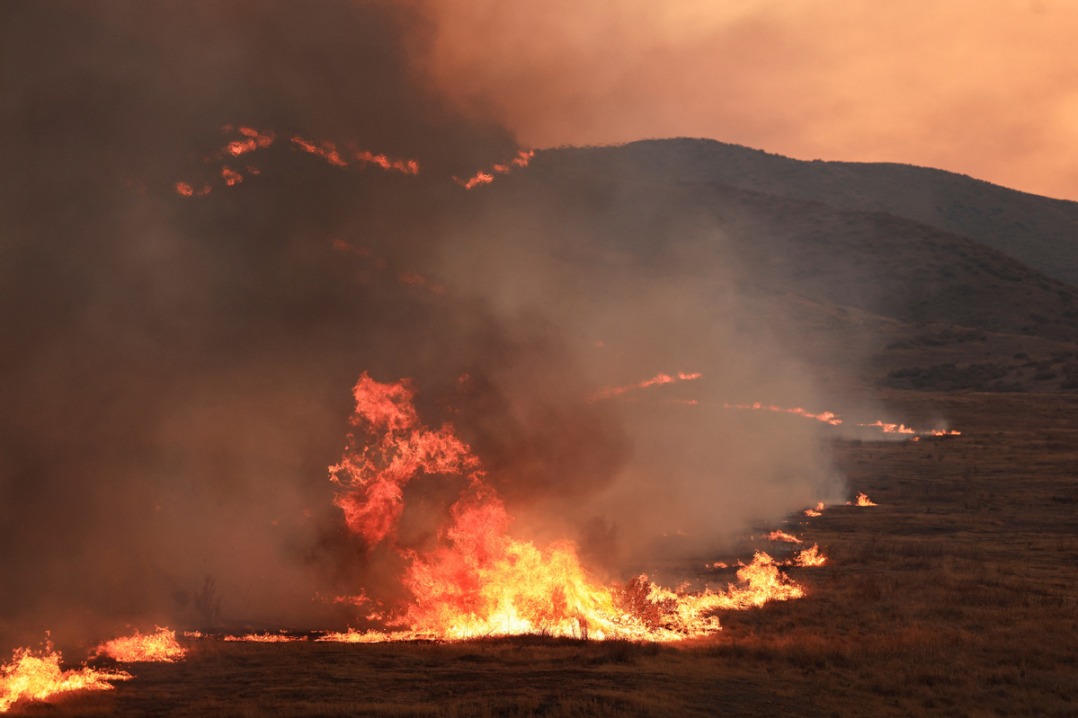EU decides to drop 'strict protection' for wolves

A decision by the Council of Europe to remove strict protection of Europe's wolf population has been welcomed with enthusiasm by hunters but greeted with dismay by conservation groups.
Across the 19th and 20th centuries, the continent's wolves nearly died out, but measures such as protective habitats to keep hunters away have helped boost numbers to about 20,000 across Europe.
This has provoked anger in rural communities, where wolves are seen as pests and their social nature means they move around in packs, sometimes of up to 30 members.
Although there have been no modern incidents of wolves killing humans, they are estimated to kill about 65,000 animals each year that would otherwise be destined for human consumption.
The European Union put forward a proposal to the Council of Europe's Bern Convention Standing Committee to change their status from "strictly protected fauna species" to "protected fauna species", and it was approved at a behind-closed-doors meeting in Strasbourg on Tuesday.
A report from the Commission that accompanied the initial proposal last year claimed that wolf numbers had doubled across the continent since 2012 and that each year, about one in 1,500 of Europe's 6 million sheep was killed by a wolf.
Following the vote to change their status after 45 years, European Commission President Ursula von der Leyen said the move was "important news for our rural communities and farmers… because we need a balanced approach between the preservation of wildlife and the protection of our livelihoods".
'Changing reality'
New European Environment Commissioner Jessika Roswall said conservation measures had been a success but the "reality on the ground" was changing. "Ever-increasing wolf populations and the risk that this poses have justified adapting the legal protection status of the wolf," she said.
Unless at least one-third of the parties to the convention formally object, the change will take effect in three months.
Laurens Hoedemaker, head of the European Federation for Hunting and Conservation, said the move was "positively received as an initiative to balance conservation and species management".
But Sofie Ruysschaert, from environmental group BirdLife Europe and Central Asia, told The Guardian newspaper it risked "undoing decades of European conservation progress". And the Worldwide Fund for Nature called the change "extremely disappointing", releasing a statement saying "wolf populations have barely recovered after going extinct in most parts of Europe, and weakening their protection could jeopardize this fragile recovery".
Luigi Boitani, a zoologist at the Sapienza University of Rome and chair of the Large Carnivore Initiative for Europe, said "killing a few wolves here and there is not going to harm the overall wolf population", but warned that the negative image of wolves could be problematic.
"The problem is out there, when we speak of wolves, there is a lot of irrationality," he said.
julian@mail.chinadailyuk.com
















